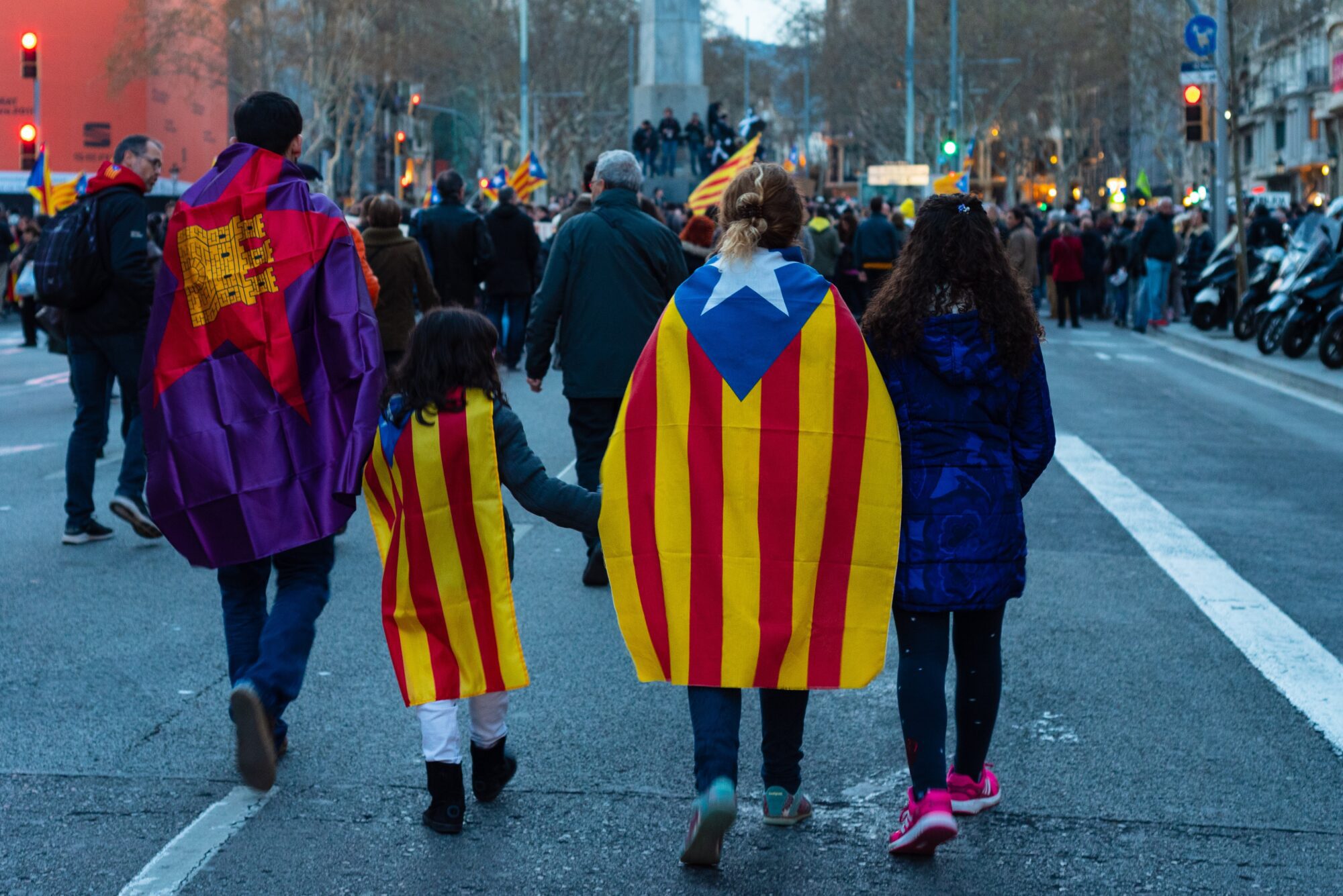
After five years of self-imposed exile as a fugitive from Spanish justice, Catalan separatist and MEP Clara Ponsatí spent less than twelve hours in her hometown of Barcelona before returning to Brussels, the Spanish news agency EFE reports.
This half-day window was just enough time to drag the EU Parliament back into the Catalan independence controversy, as Ponsatí has claimed parliamentary immunity to avoid prosecution for her involvement in a 2017 unilateral declaration of Catalan independence from Spain, a claim which neither the Spanish courts nor the EU Parliament has supported.
“We are examining all the legal issues surrounding this case. Any possible course of action will only be guided by that consideration and nothing else,” a spokesperson for EU Parliament President Roberta Metsola told Politico, confirming that parliament had received Ponsatí’s request for protection.
In 2017, Ponsatí, 66, was the education minister in the Catalan regional government when it staged an independence referendum that was declared unconstitutional by Spain’s top court. By the time the court had issued an arrest warrant for her and other leaders on charges of sedition, Ponsatí and four others had already slipped out of Spain. Then in 2020, she and two other Catalan separatists, Carles Puigdemont and Antoni Comí, won seats in the EU Parliament, which they have used to claim immunity from prosecution by the Spanish government.
Nevertheless, in 2021 their fellow MEPs voted overwhelmingly in favor of stripping the three of their immunity. The Catalans appealed to the European Court of Justice, which provisionally restored their immunity.
Ponsatí was the first of the fugitives to set foot in their homeland again, a move made easier since the socialist-led Spanish government eliminated the crime of sedition, reducing the charges against Ponsatí to disobedience, which eliminates the threat of prison time.
Although she cannot be imprisoned for disobedience, she was still required to present herself to the Spanish court. In statements made earlier this year, she said that she intended to return to Spain, yet had no intention of heeding the Spanish court’s decision, even on the lesser charge of disobedience.
About an hour after having entered Spanish territory, she held a press conference at the College of Journalists of Catalonia in Barcelona. “I am an MEP and I have immunity throughout the European Union, only in Spain am I not recognized,” she asserted, surrounded by her lawyer Gonzalo Boye, as well as by the president of JxCat, Laura Borràs, and the Junts deputy in Parliament, Francesc de Dalmases.
Despite the fact that plainclothes police officers arrested her just minutes after the conference ended, she still managed to tweet that she was being illegally arrested.
Though she was released within a matter of hours, the court ordered her to appear at a hearing on April 24th, the judge ruling that her immunity as an MEP could not apply to charges outstanding before her election.
The Spanish central government’s ability to manage the Catalan independentist movement has been politically hot in recent years. The center-right Partido Popular was in power in 2017 during the referendum and subsequent flight of Ponsetí and other independentists. The socialist party has been governing since 2019 but is up for re-election in December. It may use Ponsetí’s return to Spain to tout its ability to bring the separatists to justice, though it remains to be seen when she and the other fugitives will actually stand trial.
